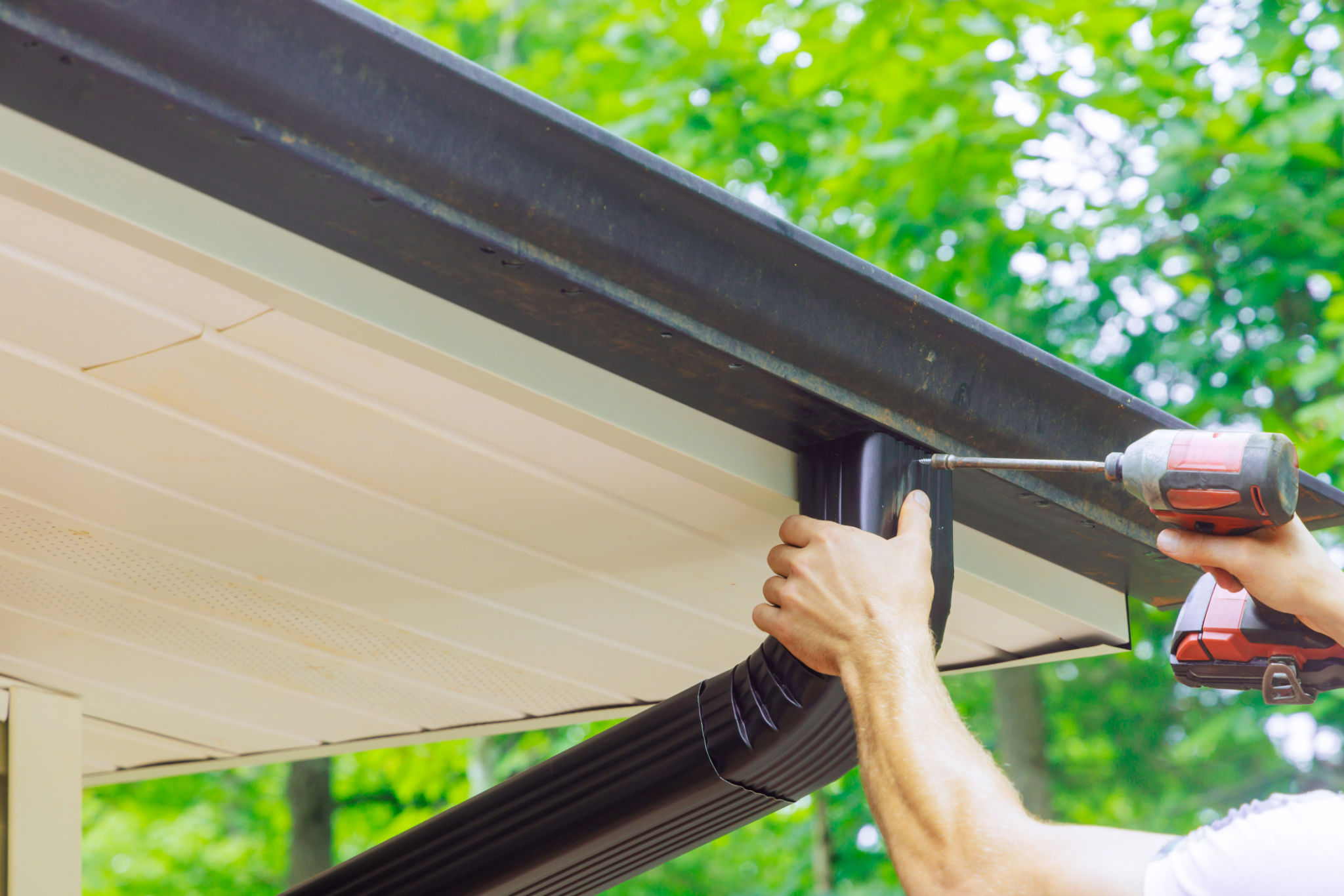How to Prepare Your Tacoma Home for the Rainy Season
Inspect Your Roof and Gutters
One of the first steps in preparing your Tacoma home for the rainy season is to inspect your roof and gutters. Look for any missing or damaged shingles that could lead to leaks. If you find any issues, it's crucial to address them promptly. Consider hiring a professional roofer to ensure everything is in top condition.
Gutters play a vital role in directing rainwater away from your home. Clear out any leaves, twigs, and debris to prevent blockages. This will help avoid water overflow, which can damage your home's foundation and exterior walls.

Seal Windows and Doors
Another important step is to check the seals around your windows and doors. Over time, the seals can wear down, allowing water to seep into your home. Inspect the caulking and weather stripping, and replace any that are damaged or missing. This will help keep your home dry and energy-efficient.
Pay special attention to areas where different materials meet, such as around window frames and door thresholds. Proper sealing not only prevents water intrusion but also helps in maintaining a comfortable indoor temperature.
Check the Landscaping
Your home's landscaping can significantly impact how water drains away from your property. Make sure the ground slopes away from your home's foundation to prevent pooling water. Consider adding drainage solutions, such as French drains or rain gardens, if necessary.
Trim back any overhanging branches that could fall during storms and damage your home. Regularly maintaining your yard will help minimize potential hazards during the rainy season.

Prepare Your Basement
If you have a basement, it's essential to take extra precautions to prevent flooding. Ensure that your sump pump is in good working order and consider installing a battery backup system in case of power outages during storms.
Inspect basement walls for cracks and apply waterproof sealant where needed. Keeping your basement dry will protect your belongings and prevent mold growth.
Stock Up on Emergency Supplies
Finally, make sure you have essential emergency supplies on hand. Create an emergency kit that includes flashlights, batteries, a first aid kit, and non-perishable food items. Having these supplies ready will help you stay prepared for any unexpected situations that may arise during the rainy season.
Consider also keeping a portable phone charger and a battery-operated radio to stay informed about weather updates and emergency instructions.
